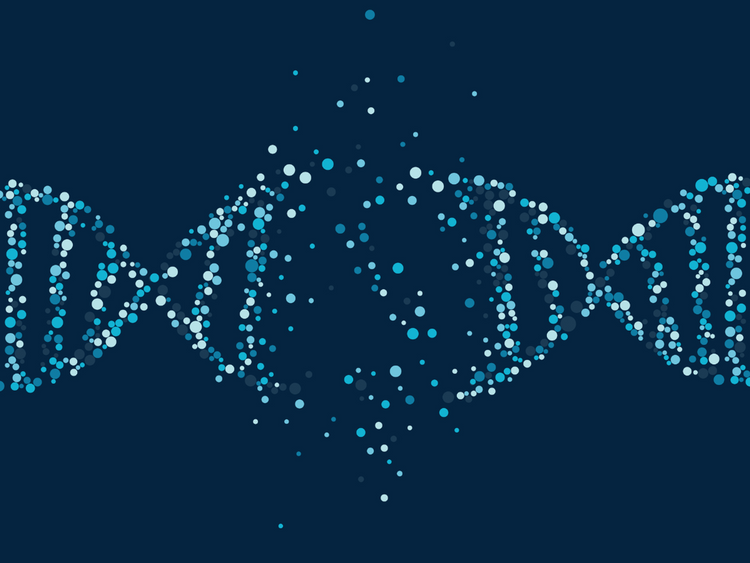Genomic medicine has the potential to revolutionise Paediatric practice. Currently the results of the 100,000 Genomes project are shaping efforts to commence a newborn genome screening in the United Kingdom, and this is being done through consideration of ethical and logistical frameworks.
Tackling inequalities and inequities in delivering genomic medicine is crucial for ensuring the utility of the datasets generated, and for maximising patient and wider-community benefits. For patients with rare diseases, where obtaining a diagnosis in itself is an intervention for the family, a lack of awareness and access to genetic research studies or to clinical genetics will adversely impact health outcomes.
Therefore, it is important to evaluate the literature that exists around barriers and solutions to undertaking genetic tests such as whole genome sequencing, in regional Paediatrics settings. There are no unifying frameworks for engaging underserved communities in genetic research projects, and there is a scarcity of evidence around the perceptions regarding genetic testing and research participation, of parents or caregivers for children affected by rare diseases.
Improving our understanding of challenges and potential solutions to increase engagement of diverse communities in Paediatric genetic testing projects will aid rare disease diagnosis through projects such as NIHR BioResource. In turn, increasing the diversity of genomic datasets will improve our ability to understand the pathogenicity of genetic variants and offer counselling to families in the future.

